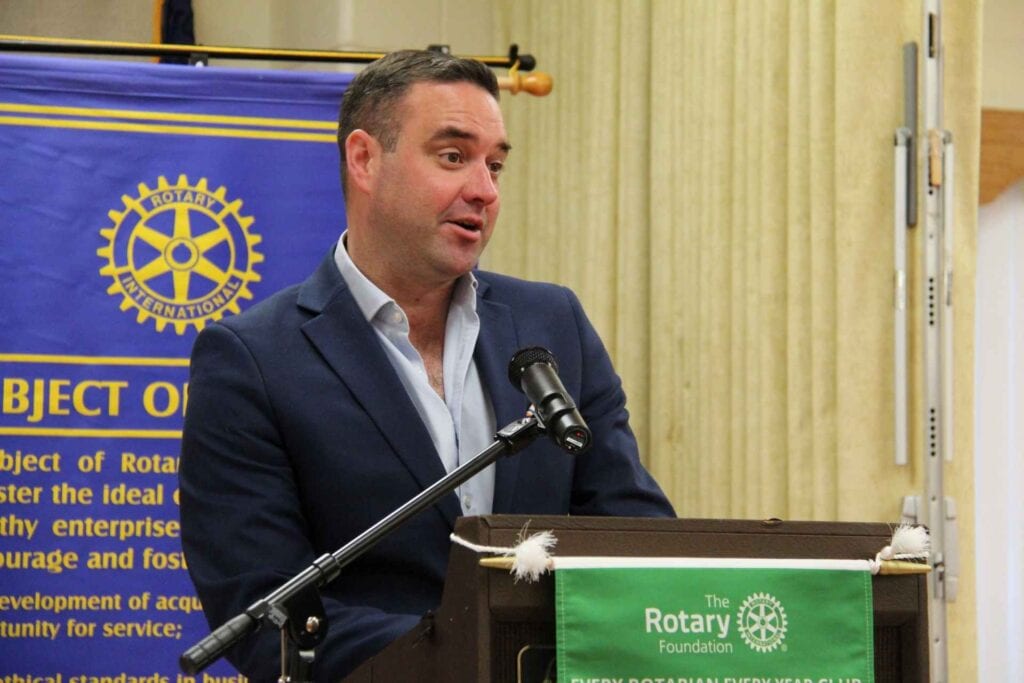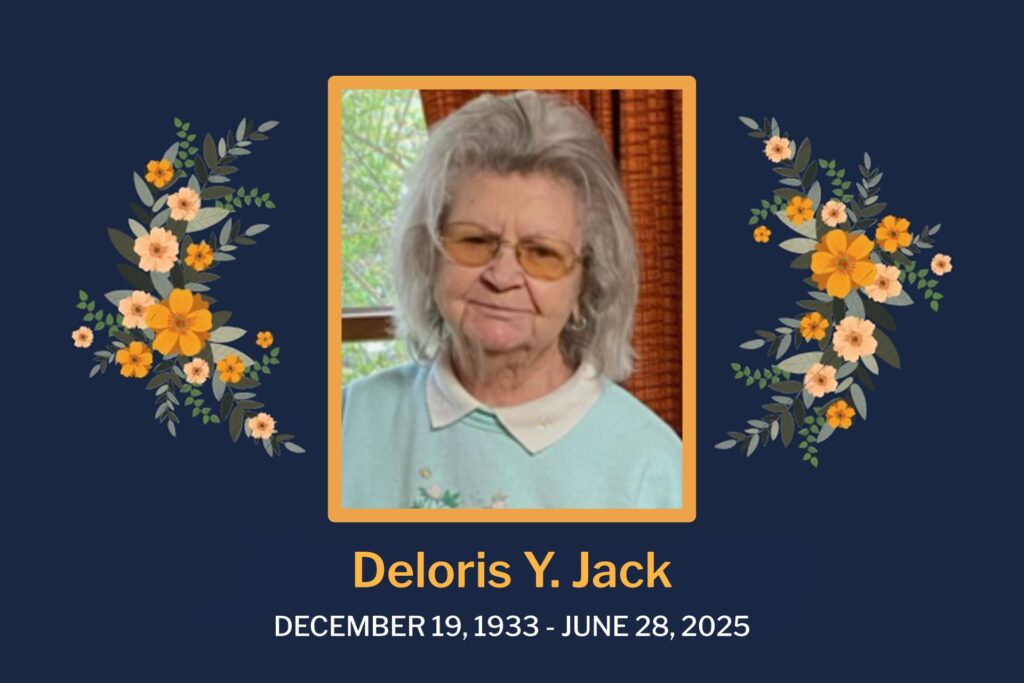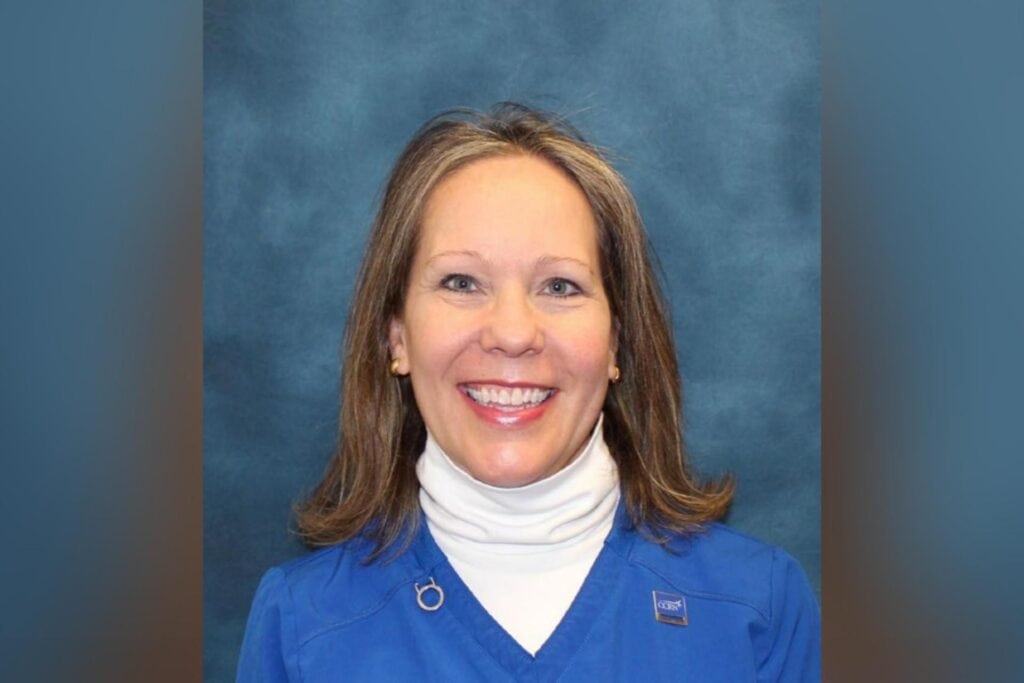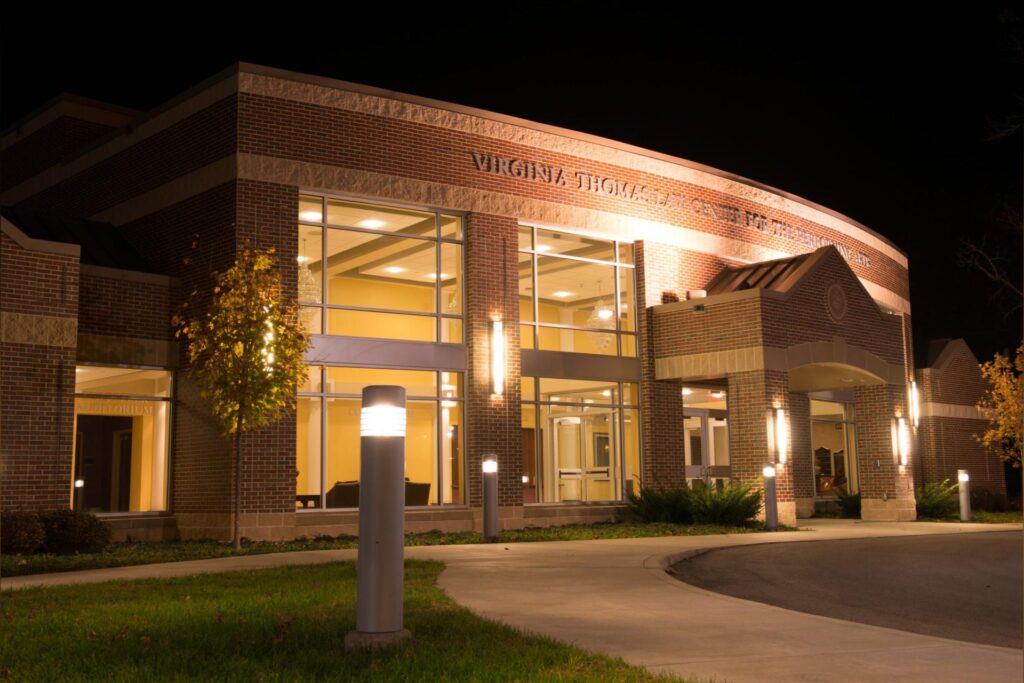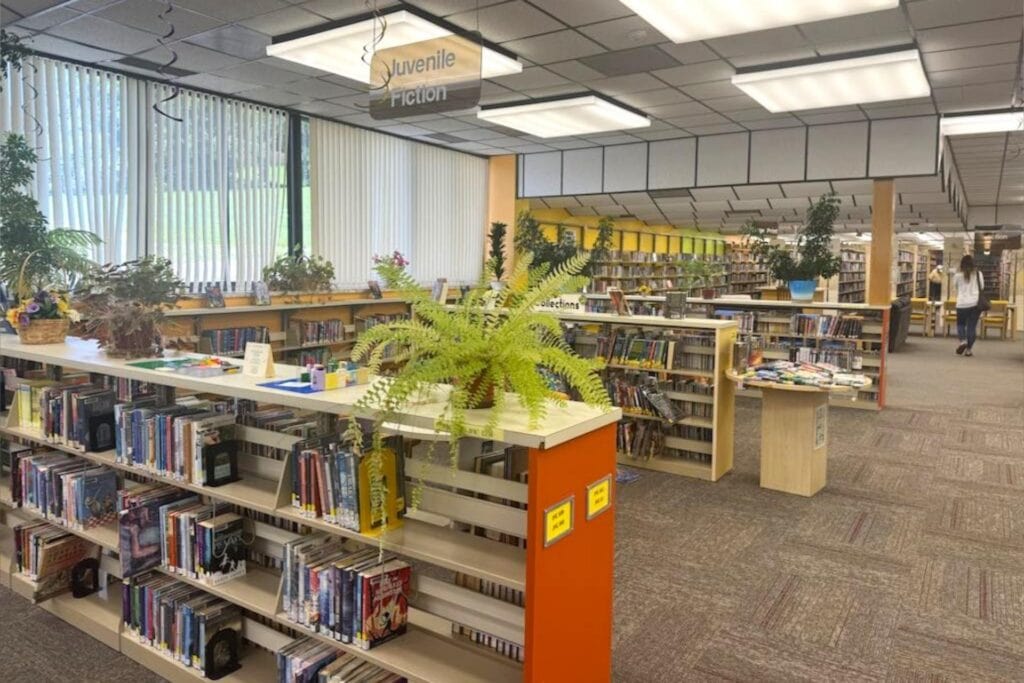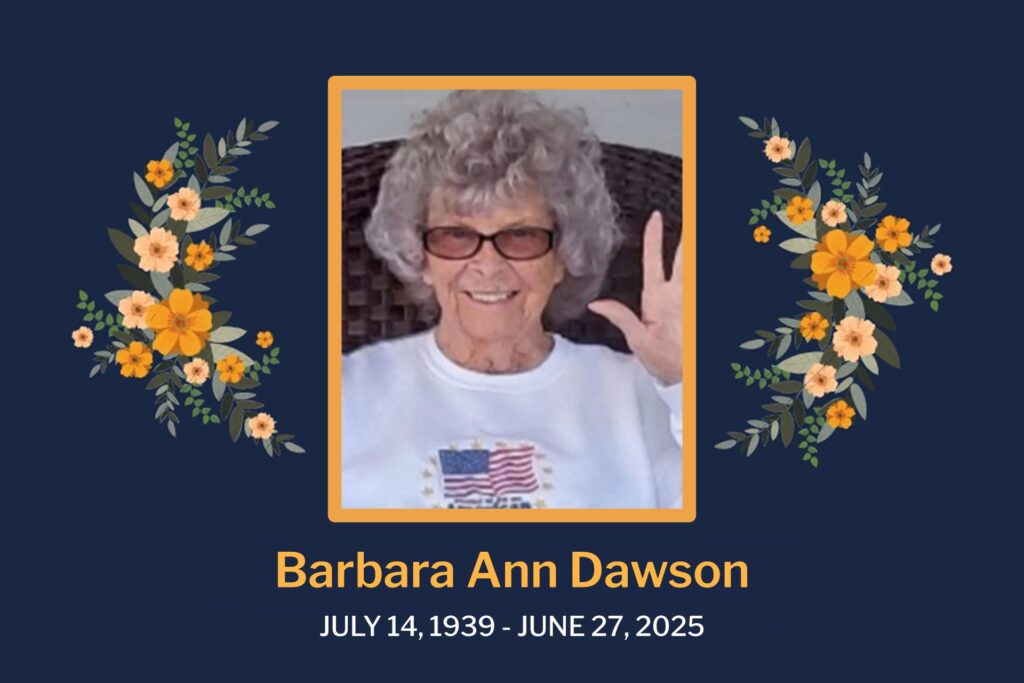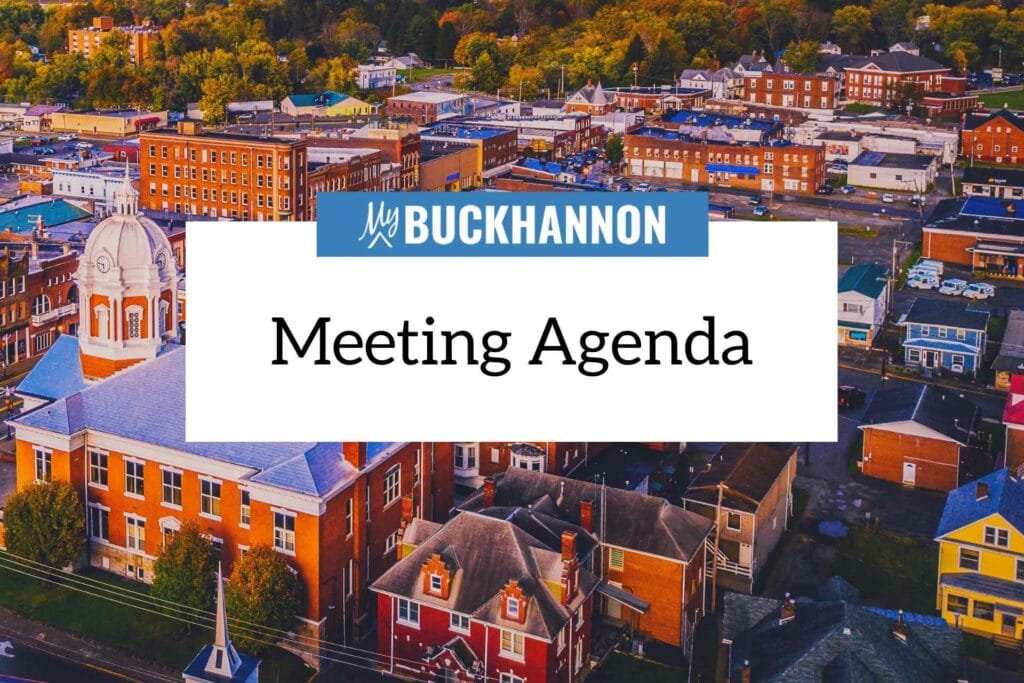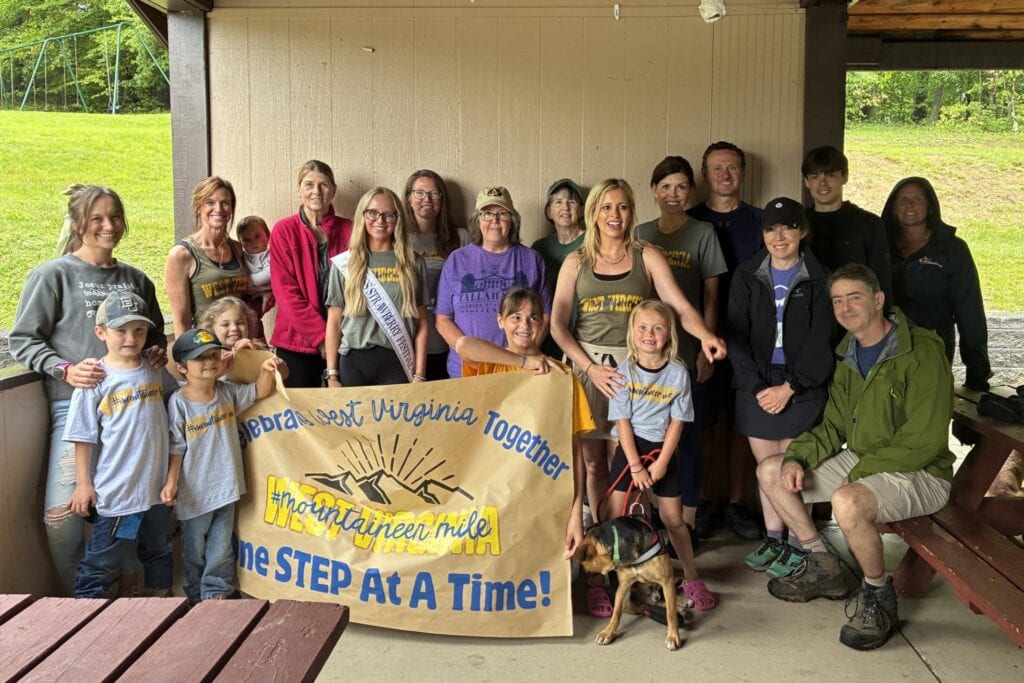BUCKHANNON – The president of West Virginia Wesleyan College outlined his vision for the college during a recent Rotary Club of Buckhannon-Upshur meeting.
President of WVWC Dr. James Moore attended the March 21 Rotary Club meeting to discuss his recent change from interim president to president of WVWC.
“I’ve been so excited that since taking over in the presidency, the Board of Trustees has given us the space and the support to focus on being part of the solutions to the problems that we find in this part of West Virginia and of Appalachia,” Moore said. “One of the things I thought I would share with you today is the college’s new strategic vision. Mission statements are important to us in higher education, and I’m not going to read the college’s mission statement – we’re talking about how we assess whether we’re meeting our mission.”
Moore said the Rotary members in attendance would be the first people outside the college to hear the new strategic vision.
“Our vision is to serve; West Virginia Wesleyan College seeks to prepare the next generation of servant leaders to meet the needs of West Virginia, Appalachia and the broader community,” Moore said. “We recognize that as a college, we have a responsibility to align our academic programs, our campus environment, and our extracurricular activities and offerings, not only with what students want but with what our region needs.”
Moore highlighted the college’s recent collaboration with Community Care and Aetna Better Health West Virginia to create a new Master of Arts degree in clinical mental health.
“We all need more access to mental health services, and those of you that work in and around health care know this is one of the most acute needs that we have, not just in West Virginia, but in the country and in the world, so we’re very excited to be starting this program,” Moore said. “This was the first of many such programs and projects that we’re going to undertake. You’re going to see the college really work to become more of a player in and around healthcare and education and build on the strengths that we already have in nursing and in athletic training, and we want to expand those kinds of offerings because that’s what this area needs right now, more than anything.”
Moore also hopes to grow Wesleyan’s graduate programs.
“There’s a couple of reasons for that – it’s what the region needs, it’s what our market is telling us it needs, and also, it will allow us to grow the college’s enrollment and not have to rely solely on undergraduate enrollment,” Moore said. “Everyone in here probably knows enrollment at nearly every college – public or private, small or large – is down significantly over the last 10 years.”
He attributed this decline to the diminished number of 17-year-old and 18-year-old students attending college.
“The elephants in the room for everybody in higher education in West Virginia are the big institution in Morgantown and the big institution in Huntington, and the common notion is that those institutions are healthy and the rest of us aren’t, but guess what? WVU’s enrollment is down significantly over the last 10 years, and Marshall’s enrollment is down significantly over the last 10 years,” Moore said. “Is it because any of us are doing poorly? Is it because we’re somehow asleep at the wheel? Is it because we’ve done something wrong? No. There are fewer 18-year-olds than there were when all of us were in college.”
Moore was optimistic about elevating Wesleyan’s enrollment to an attainable degree.
“I believe this college can buck the trend if we are smart about the undergraduates that we do try to attract, and I do have a vision for this college going ahead,” Moore said. “Will we be at 1,500 students at the undergraduate level? Nope, never going to happen. Will we be at 1,200 someday? Yes, I really believe that that’s a sustainable spot for us to land in graduate enrollment. The sky is the limit, so my vision for this college in the next 10 years is to enroll 500 graduate students at West Virginia Wesleyan College.”
Some of those students may prefer to take advantage of Wesleyan’s hybrid or online programs.
“We are noticing two wildly divergent trends in higher education, and one is undergraduate students coming out of the pandemic want more face-to-face interactions. They did not enjoy going to high school in their kitchen or in their dining room; they yearn for those in-person interactions, and they are eager to be with other people,” Moore said.
“The other divergence is that there lots of adults coming out of the pandemic who decided they didn’t like what they were doing, so it’s a great time to make a career change, but they still have a job,” he continued. “How do you get trained up for your next job while keeping the job that you have because you have a family to support? That’s where an online degree program or a hybrid degree program can serve their needs.”
Moore also reassured Rotary members that West Virginia Wesleyan College is not going anywhere.
“I’m also here to tell you that we’re going to have to be innovative, we’re going to have to do things we’ve never done before, but we will be here,” Moore said. “There are others around the state for whom we can’t say that, but this college is not going to close – not on my watch. We’re going to work hard to ensure that we are not only going to survive, but we’re going to thrive; it may just take us some time to get there.”
